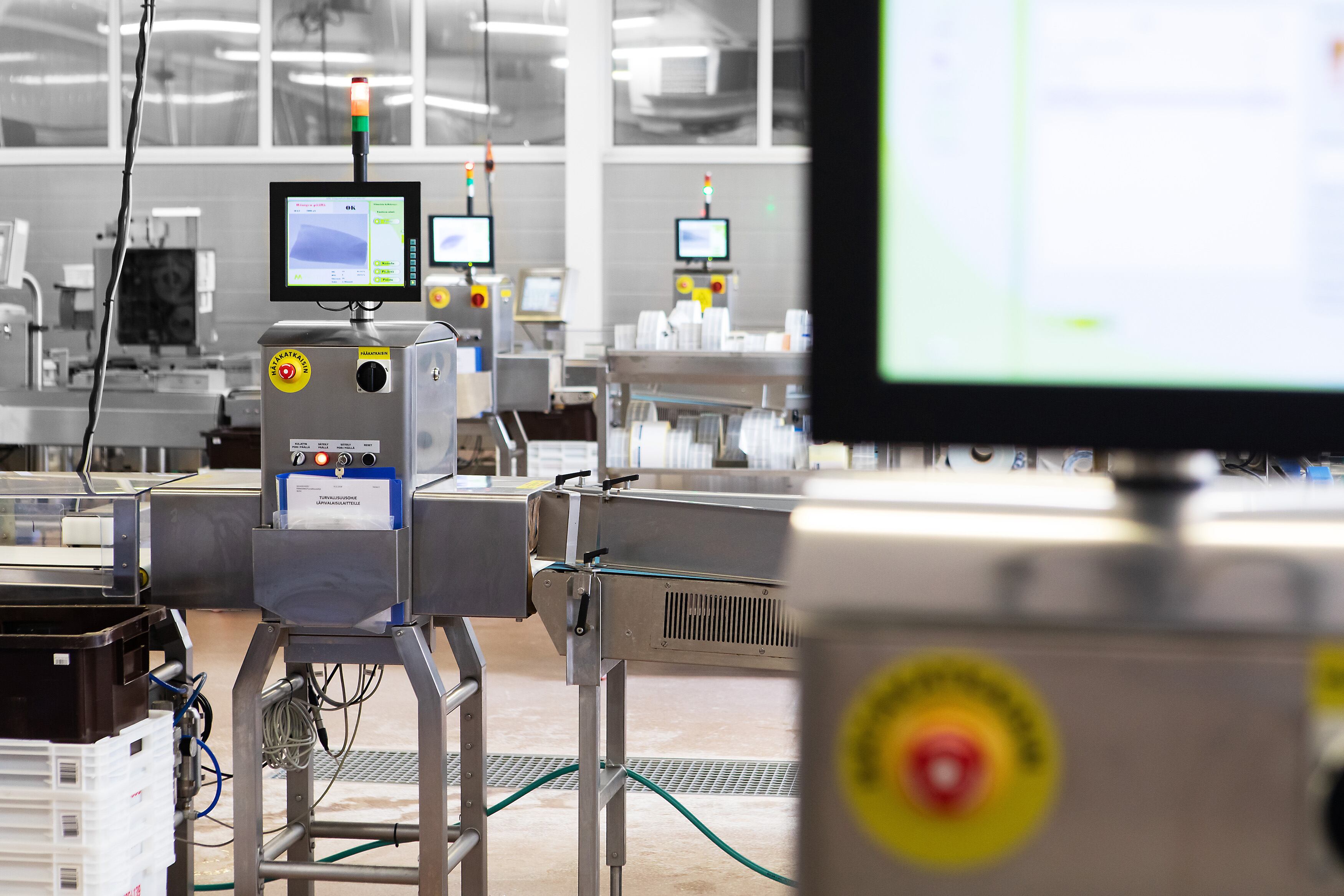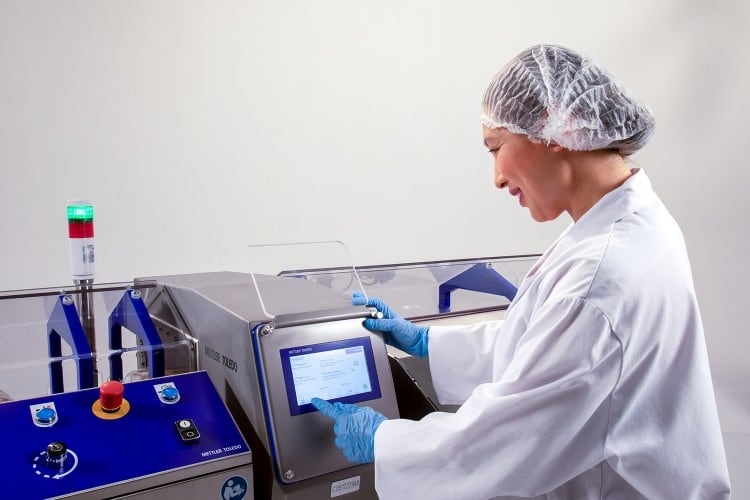Barry Callebaut announced that it had suspended production at the Wieze site until further notice and blocked all products manufactured since the time of testing (June 25).
The factory produces liquid chocolate in wholesale batches for a number of big names in confectionery manufacturing, including Mondelez, Nestlé and Unilever.
Based on internal investigation, Barry Callebaut confirmed that no chocolate products affected by the salmonella-positive production lot had entered the retail food chain.
Contaminated ingredient
A statement from the manufacturer identified lecithin – an emulsifier used in chocolate production – as the source of the contamination. The root cause of the contamination has yet to be discovered.
“Barry Callebaut will now take the time to continue with the very diligent root cause analysis - keeping the FAVV [Belgian Food Authorities] informed in the process,” said a spokesman. “When that is completed, the lines will be cleaned and disinfected before resuming the production process.”
A spokesman for Mondelez said it had carried out a full inventory check of its production sites where this chocolate mass was supplied.
"As a precautionary measure, we temporarily stopped productions lines in some impacted plants in Europe, as well as deliveries to customers, but were able to restart production in all but one bakery site where, as a precaution, we decided to perform extra cleaning," said the spokesman.
"Based on our analysis, we are confident that neither our Mondelēz production sites in the UK & Ireland are impacted, nor are any products that we have imported for sale into these markets."
Food Standards Agency head of incidents Tina Potter said it was urgently working with partners in the UK and Europe to establish more details and that products would be recalled 'if we identify any unsafe food might be on the market'.
The discovery of contaminated products at the factory on Monday (27 June) comes after Ferrero recalled Kinder products in the UK due to an outbreak of salmonella at its Belgian plant.
Raw materials
The European Centre for Disease Prevention and Control (ECDC) investigated a potential link between the outbreak and contaminated raw material traced to a contaminated buttermilk tank at the plant in Arlon.
Considering that the average time from production at the factory to retail is approximately 60 days, the first identified UK case on 21 December 2021 could not be explained by the contamination detected in the Belgian processing plant in December, the ECDC claimed. “This suggests that if the Belgian processing plant was the sole source of the infection, the contamination in the production line occurred earlier,” it stated.
Meanwhile, in May, meat processor Cranswick confirmed an outbreak of salmonella at its poultry facility in Hull.




